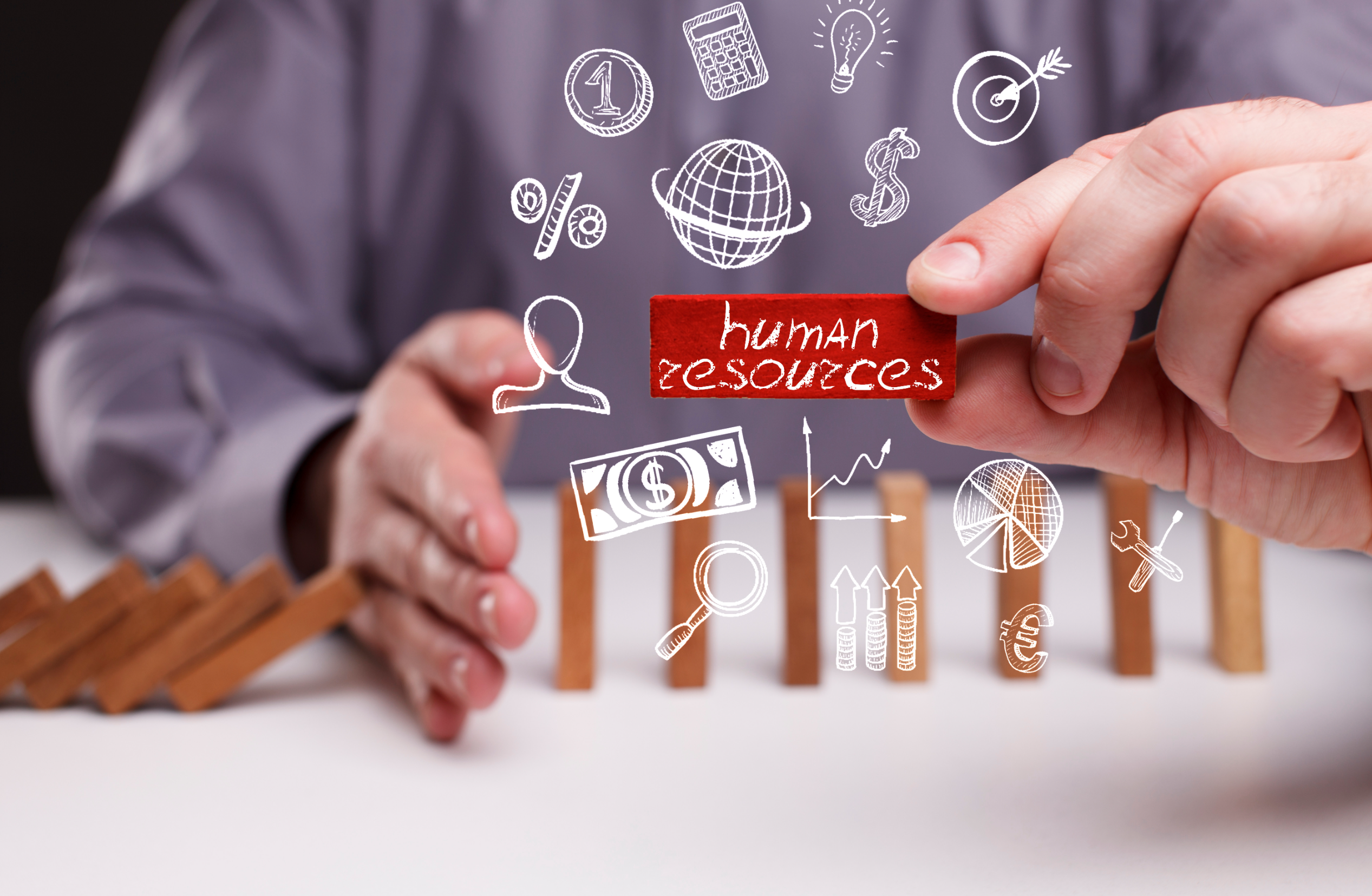Fostering DE&I and a culture of belonging with recognition
- Shawn Liew

As hybrid working environments become more prevalent, organisations must manage an increasingly diverse workforce made up of employees finding their own ways of dealing with the pandemic and how it has impacted the way they work.
This in turn, is highlighting the importance of diversity, equity, and inclusion (DE&I) initiatives, said Emma Harvie, Head of Client Services, Achievers APAC. “It is challenging organisations to think differently about how they ensure every employee has a safe place to work, and where they feel that they belong.”
Speaking to HRM Asia, she added, “We’ve seen a real shift in what is considered professional – I’ve met so many kids and pets in the past 18 months because they interrupt Zoom calls. In 2019, this probably would have been frowned upon but as we head into 2022, this needs to be front of mind for leadership teams. How do they create environments where parents feel they belong?”
In terms of who returns to the office and who continues to work remotely, Harvie urged organisations to consider the needs of all employees. “Some people with disabilities have shared how they have benefitted by not commuting to and from the office every day,” she explained. “Others, however, have missed the connection and community that comes from physically being in an office and have felt isolated.”
While there is no one-size-fits-all approach, hybrid work can open the door for a more diverse workforce. Organsiations that cater to this, and who focus on equity, inclusion, and belonging, will benefit from increased innovation, as well as greater talent attraction and retention, she highlighted.
Fostering DE&I with recognition
As organisations continue to ponder how they can boost their DE&I efforts, Harvie suggested the implementation of recognition strategies that reinforce behaviours promoting diversity and inclusion.
She explained, “Data suggests that recognition programmes can serve as a key driver of inclusive and welcoming behaviour inside companies. These high impact programmes can also encourage managers and employees to recognise each other for taking an active role in DE&I initiatives, completing training, and for expressing their unique ideas, perspectives, and skillsets.”
“This type of recognition behaviour not only promotes a more inclusive culture but also helps to accelerate the advancement of a diversity of employees.”

“Data suggests that recognition programmes can serve as a key driver of inclusive and welcoming behaviour inside companies.” – Emma Harvie, Head of Client Services, Achievers APAC
Recognition frequency also plays a big part in the success of recognition programmes. “We know that the little dopamine hit people get when they are recognised is short lived, so they need to feel it on a regular basis for it to have a material impact on workplace culture,” Harvie said.
A 2021 study by Achievers Workforce Institute, in partnership with Workplace Intelligence, found that 81% of employees who were recognised within the last week, “strongly agree” or “agree” with statements indicating that their company is committed to DE&I, and 87% report a high level of inclusion.
Conversely, among employees who say they are never recognised, only 38% say their organisation is committed to DE&I and only 45% feel a sense of inclusion. “These findings are a powerful testament to the interrelated nature of recognition programmes and DE&I initiatives,” Harvie said, while reiterating that recognition is a key driver of inclusion and the experience of belonging.
Employees who have been recognised in the past week are almost twice as likely to have a strong sense of belonging; for those who are not, only 11% feel a strong sense of belonging. “Recognition can help employees feel welcomed, feel known, included, supported, and connected,” she added.
Cultivating an inclusive environment for hybrid work
With the rise of the hybrid workforce, one of the challenges facing HR leaders in 2022 is to cultivate an inclusive organisation culture that makes all employees feel a sense of belonging.
More specifically, fostering an inclusive environment where all employees feel respected, heard, and that they truly belong, takes consideration and commitment, said Harvie, who also pointed out that the challenges faced depends on the organisation’s maturity in the DE&I space and the resources available.
She continued, “Some organisations are in the enviable position of hiring specialists to lead and deliver DE&I initiatives. Others are run by volunteers, creating challenges in terms of time and expertise. Passion and courage are the common denominators though – believing in the greater good and having the courage to be a change agent.”
Visible commitment and support from CEOs are also key to cultivating an inclusive culture, and HR leaders need to be the bridge that foster that relationship and bring CEOs on board, Harvie said.
With differing views and experiences of DE&I initiatives, there will inevitably be detractors and backlash for a variety of reasons, including a lack of understanding, change fatigue, and fear. “A CEO that doesn’t let their commitment waver in the face of all this will encourage progress and buy-in from others,” she added.
In 2020, the Achievers Workforce Institute released a report based on a survey of more than 1,000 employed individuals to understand culture continuity, or the extent to which an organisation is adaptable, creative, and flexible during a crisis or critical event.
Challenges with work-life balance and wellbeing were commonly reported, among other areas of risk. There were, however, also areas of success, including work flexibility and manager contact, which need to be maintained as organisations shift from remote to hybrid working environments.
“It’s important for HR to find ways to support managers in a hybrid environment, as they will, in turn, support their employees,” Harvie concluded.






